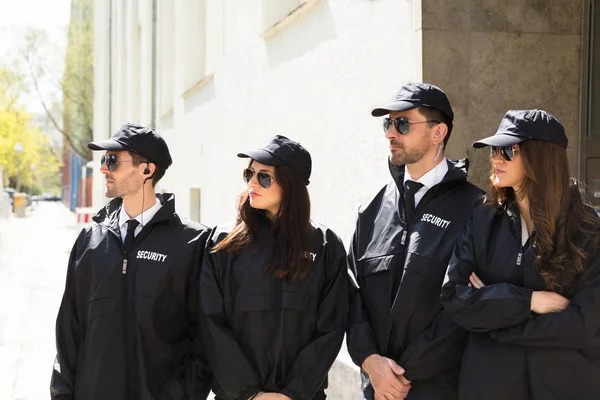
Understanding eligibility for PMP is easier when you review real-life scenarios. Many aspiring project managers struggle with eligibility for PMP requirements, but examining examples of successful candidates can clarify the process and guide your application.
EDUCATION AND EXPERIENCE PATHWAYS
Eligibility for PMP depends on education and project management experience. PMI provides two main pathways:
- Four-year degree (bachelor’s or global equivalent): Requires 36 months of project management experience.
- High school diploma, associate degree, or equivalent: Requires 60 months of project management experience.
These pathways ensure that all candidates meet minimum education and experience standards, forming the basis of eligibility for PMP.
EXAMPLE 1: BACHELOR’S DEGREE CANDIDATE
A candidate with a bachelor’s degree and 40 months of documented project management experience clearly meets eligibility for PMP. They successfully lead multiple projects, track outcomes, and have completed the 35 hours of formal project management training. Their thorough documentation and verified training hours confirm eligibility for PMP without complications.
EXAMPLE 2: HIGH SCHOOL GRADUATE CANDIDATE
Another scenario involves a high school graduate with 62 months of verified project leadership experience. Despite lacking a four-year degree, their extensive hands-on project management experience and completion of 35 contact hours of training satisfy the requirements for eligibility for PMP. This scenario highlights that both education and experience pathways are valid and achievable.
DOCUMENTING EXPERIENCE
Eligibility for PMP requires precise documentation of your project management experience. Candidates must clearly define:
- Project objectives and scope
- Leadership roles and responsibilities
- Team size and collaboration
- Outcomes achieved and project impact
Accurate documentation ensures eligibility for PMP is verified by PMI without delays.
TRAINING REQUIREMENTS
Completing 35 contact hours of formal project management education is mandatory. Training can be achieved through classroom courses, online programs, or PMI-authorized workshops. These hours are essential to meet eligibility for PMP and prepare for the certification exam.
COMMON CHALLENGES
Even successful candidates sometimes face challenges with eligibility for PMP. Common issues include:
- Incomplete or unclear documentation of project experience
- Misunderstanding the required number of months based on education
- Neglecting formal training hours
Being aware of these challenges helps candidates avoid pitfalls and ensures a smooth application process.
TIPS FOR FIRST-TIME APPLICANTS
- Keep a detailed record of all projects, highlighting your leadership role.
- Ensure 35 contact hours of project management training are completed.
- Review eligibility for PMP requirements thoroughly before applying.
- Use PMI-approved guidelines to verify all documentation.
CONCLUSION
Real-life scenarios demonstrate how understanding eligibility for PMP and properly documenting education, experience, and training ensures a successful application. Whether you hold a bachelor’s degree or a high school diploma, following PMI’s eligibility for PMP criteria is key to achieving the PMP certification and advancing your project management career.



